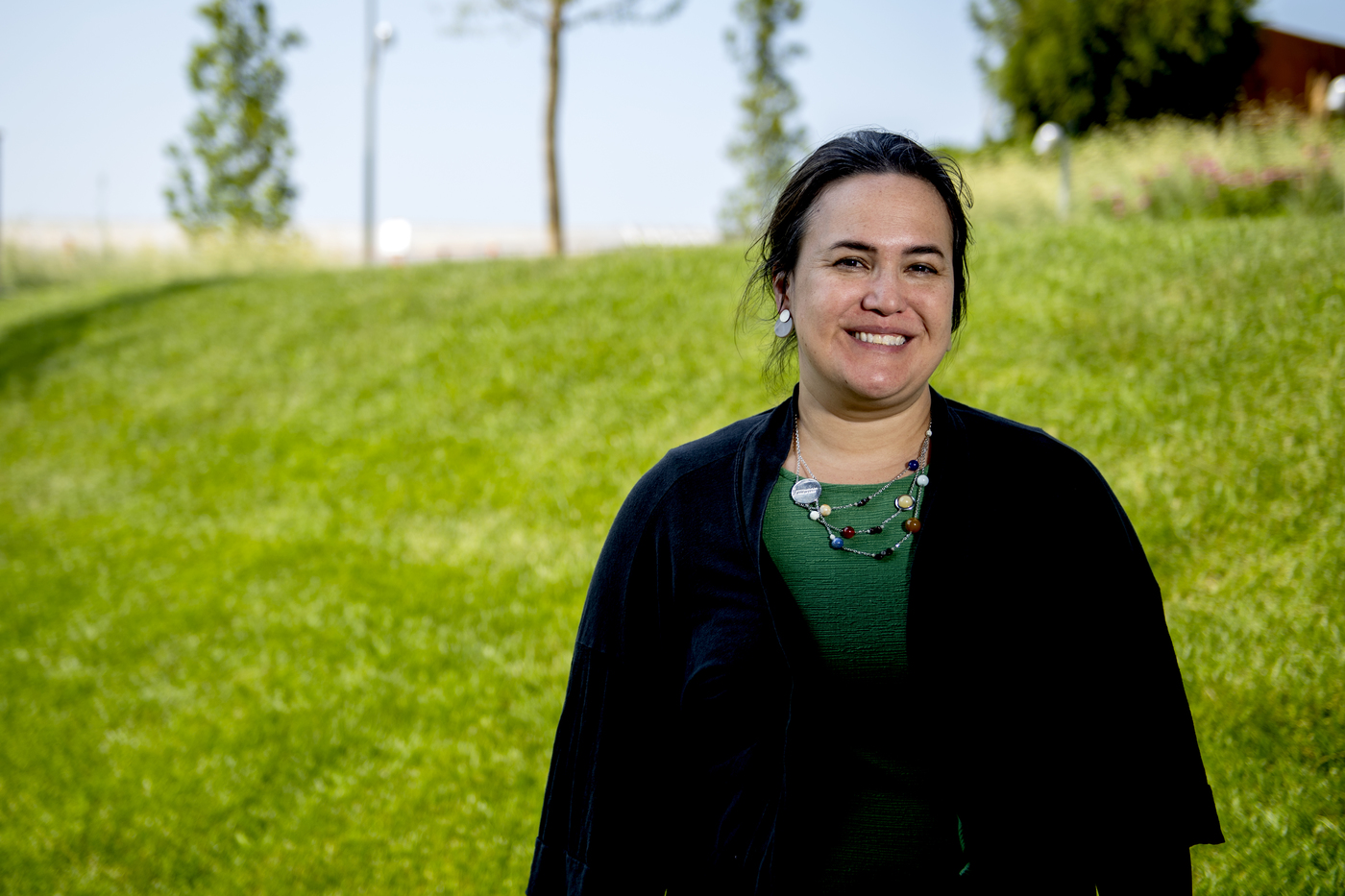Power and Place
Dr. Sara Jensen Carr, Assistant Professor of Architecture, Urbanism, and Landscape, and Program Director at the Master of Design for Substantial Urban Environments, has been honored as the first recipient of the biennial Oregon | Places Prize from the University of Oregon in partnership with Places Journal. Her groundbreaking proposal, Water is Wealth: Occupation and Erasure in Honolulu’s Urban Landscape and its Ecological Future, disrupts the exotic perception of Honolulu to focus on their socio-ecological reality.
Committee member and Landscape Architecture Associate Professor, Liska Chan spoke to Carr’s impressive submission:
“The committee was struck by Carr’s original research topic, a landscape-focused analysis of Honolulu—a place especially challenged by its history of colonization and inevitable future of rising seas—with an eye toward transferrable knowledge about resilience and social equity.”
With the prize, her project will expand as it dissects Hawaii’s ahupua’a system—an ancient classification of land division that allocates natural resources to communities. Because their environment has faced interference from the U.S. military and the tourist population, rethinking this structure has the opportunity to positively impact Hawaii’s ecosystem in the long run.
Her analysis was driven by her time as a professor at the University of Mānoa, as she learned first-hand about Hawaii’s relationship between land and public health. She submersed herself into learning about their environmental and cultural history, but more importantly, how that knowledge could influence their future. Carr highlights that Hawaii’s geographic remoteness, rising seal levels, homegrown methodologies, and efficient food systems hold the potential to create a sustainability movement across the globe:
There is so much more to learn about Hawaii—it’s not just a place for tourism. I hope people can read the research and see those lessons of resilience and sustainability—and how they can apply them to the places they live.
Carr’s work will be published in Places Journal—and she will speak directly with faculty and students at the University of Oregon’s College of Design during two on-campus visits next year.
To learn more from Carr, look out for her book, The Topography of Wellness: Health and the American Urban Landscape, being released in 2020 from the University of Virginia Press.


